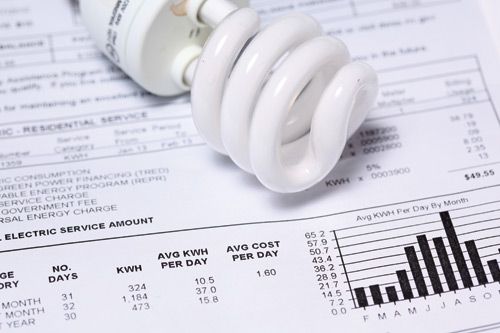

Changes to Energy Performance Certificate (EPC) regulations, which come into effect from next April, could lead to landlords being frozen out of the letting market, a leading utility management specialist has warned.
The introduction of new Minimum Energy Efficiency Standards (MEES) on April 1, 2018, will require all domestic properties in the UK to achieve a minimum EPC rating of at least E in order to be eligible for letting.
It will be unlawful to start new lettings or renew leases on domestic buildings with an energy rating of F or G after this date.
The new MEES are being introduced to help the UK meet its legislative targets of reducing carbon dioxide emissions to ‘close to zero’ by 2050.
Industry leaders are already encouraging landlords to take action now in order to avoid higher compliance costs, and to protect revenues from their properties.
Yorkshire-based utility management specialist, Orchard Energy, is eager to work with landlords in the lead-up to next April.
Non-domestic energy assessor, Harry Beresford, said: “We’re eager to work with domestic property owners and help them understand what the changes mean for them.
“We can advise landlords on things they need to do to their properties in order to meet the new standards, and help them put in place a practical and financially efficient plan to address any current issues.
“We can also help landlords understand what exemptions are available and which buildings are affected, including many of the older buildings that may carry restrictions on what structural changes can be made to the property.
“Your energy rating can be affected by heating, water, lighting or how up to date the boiler is; we can lay everything out in plain terms and equip landlords with the information they need to comply with the upcoming changes.”
While only domestic properties will be affected initially, the MEES will apply to all existing commercial and domestic property leases from April 1, 2023.
